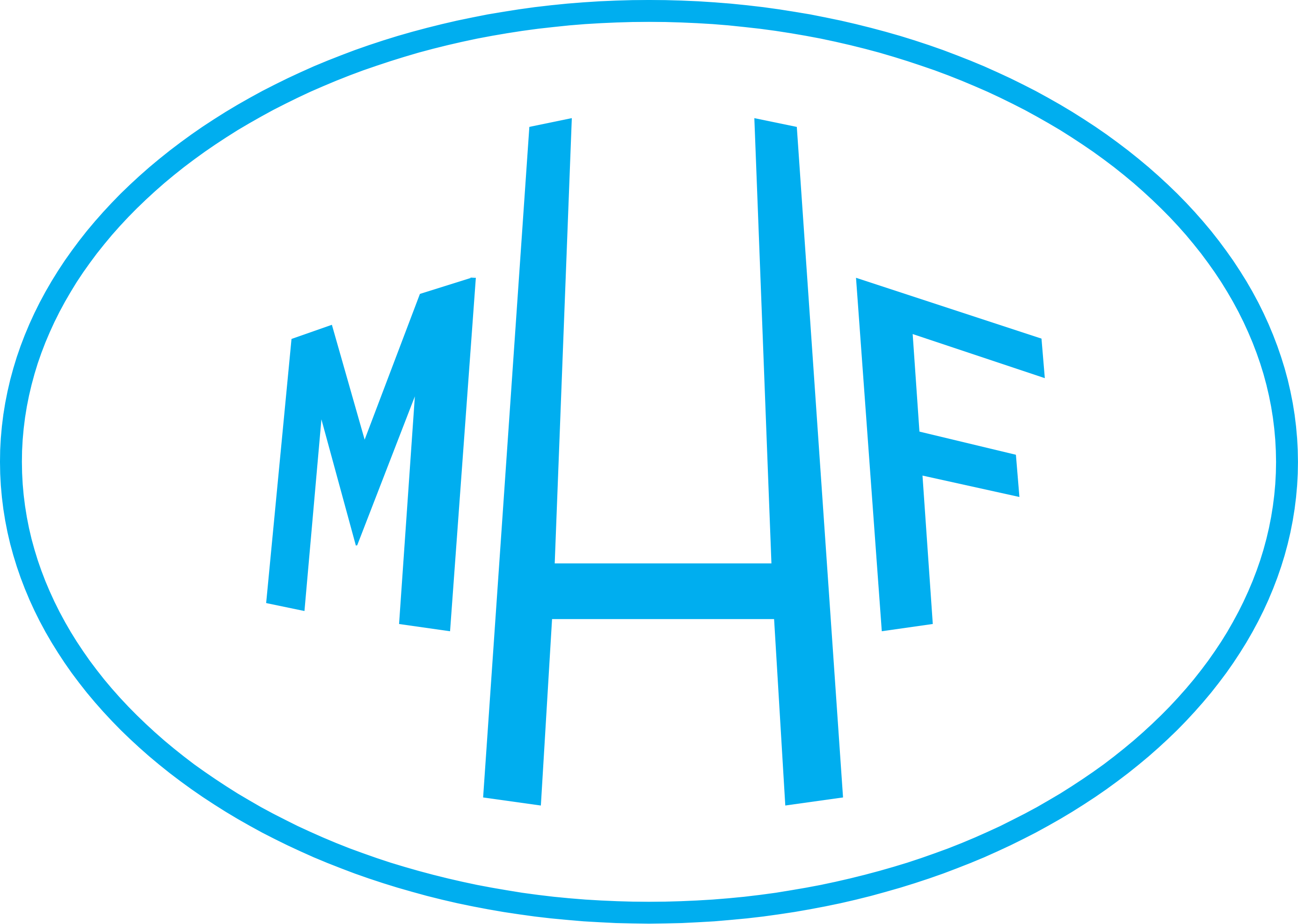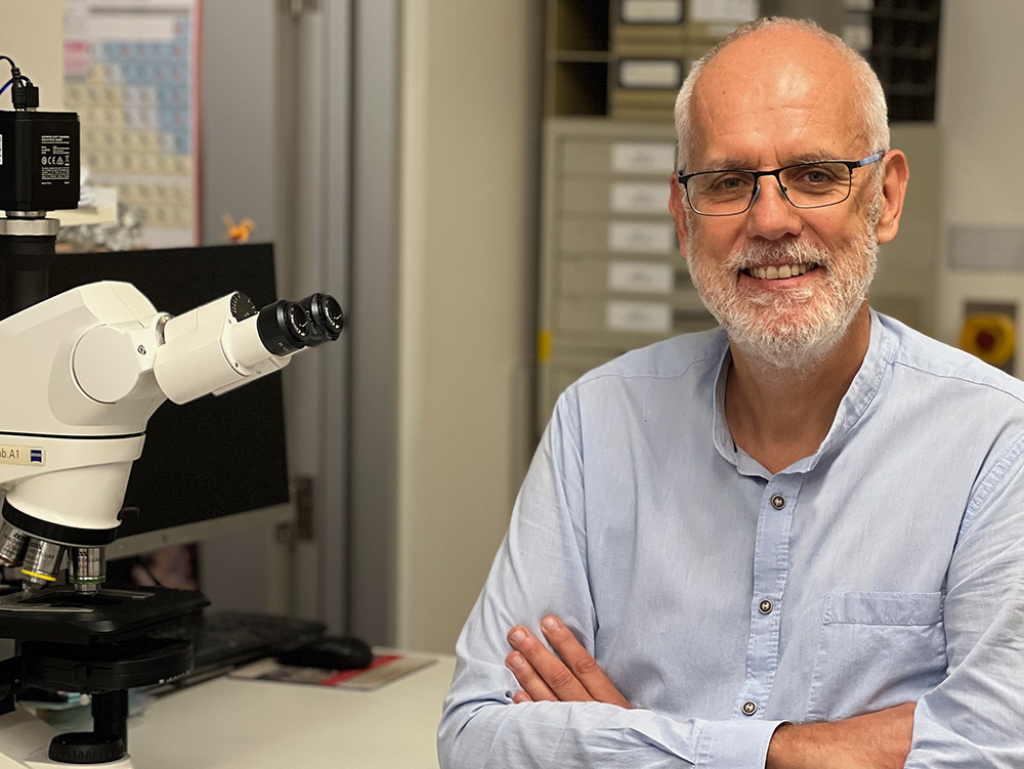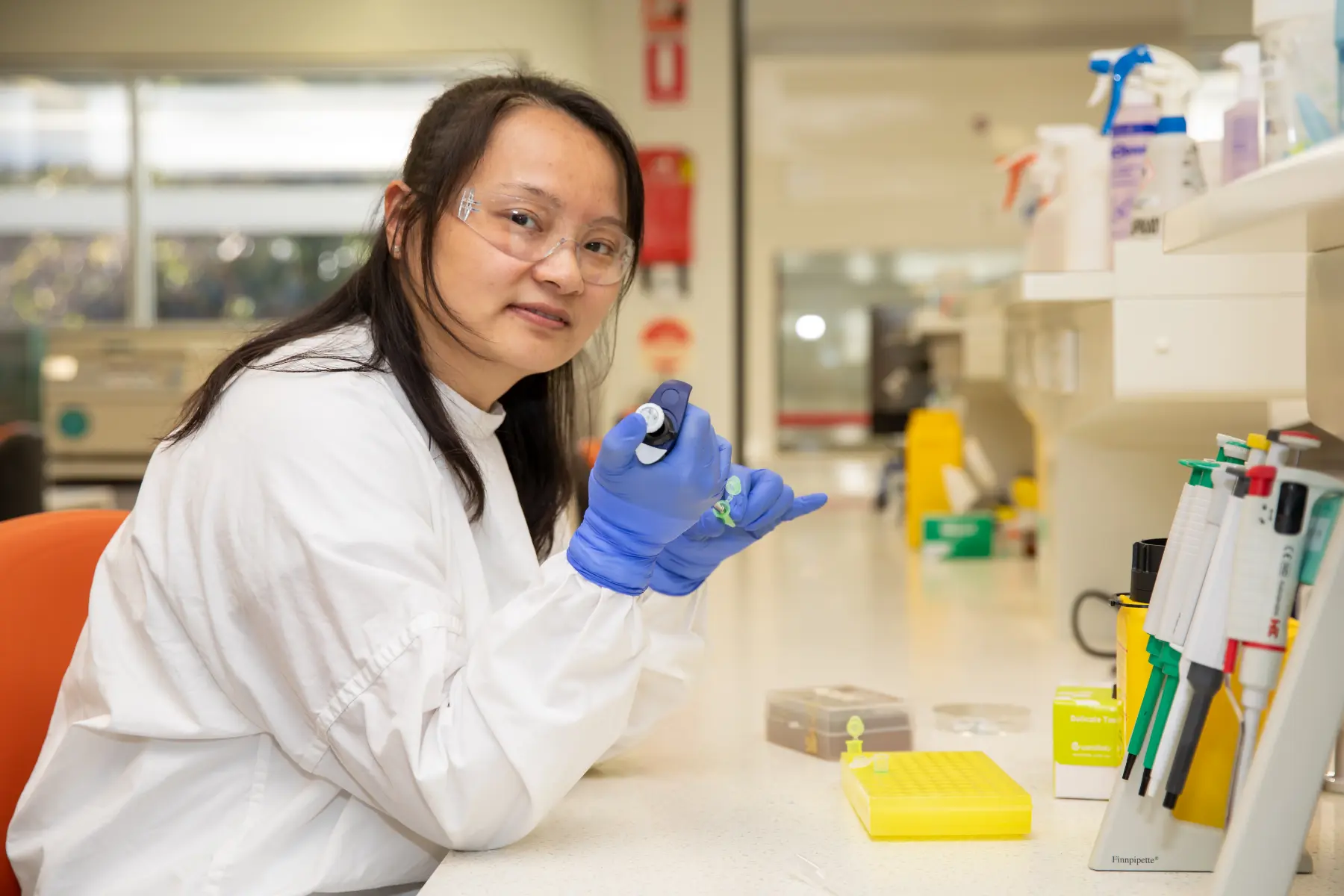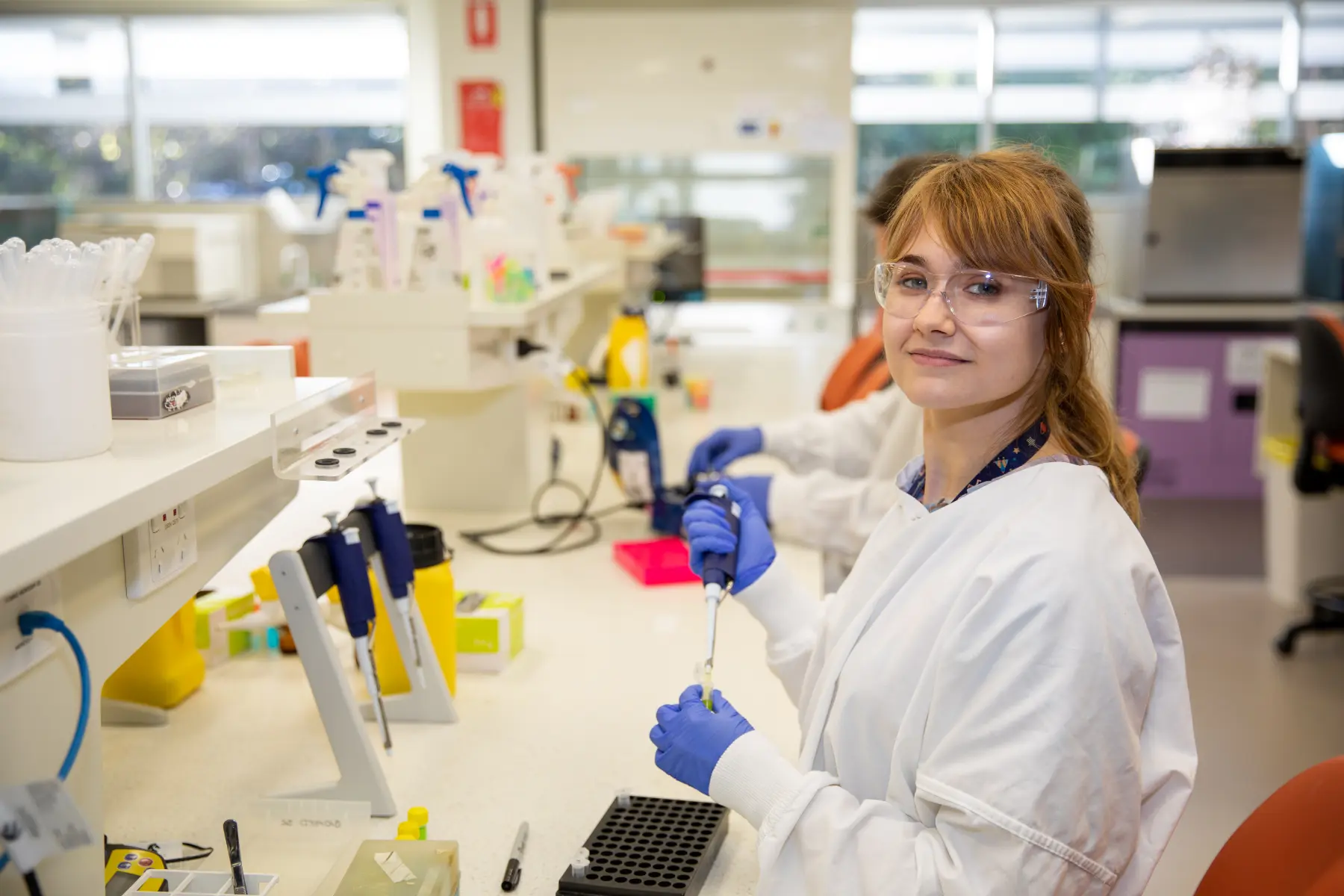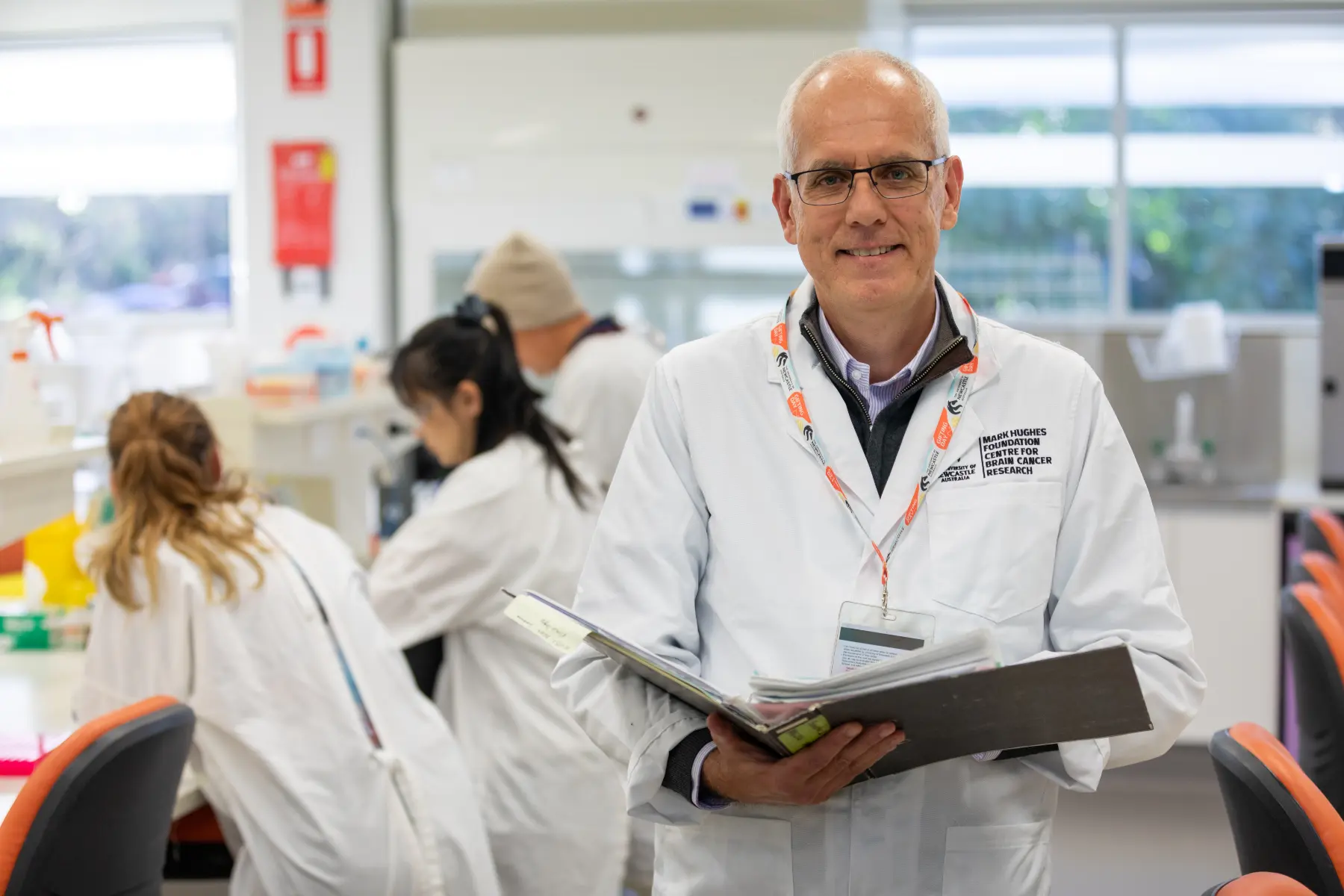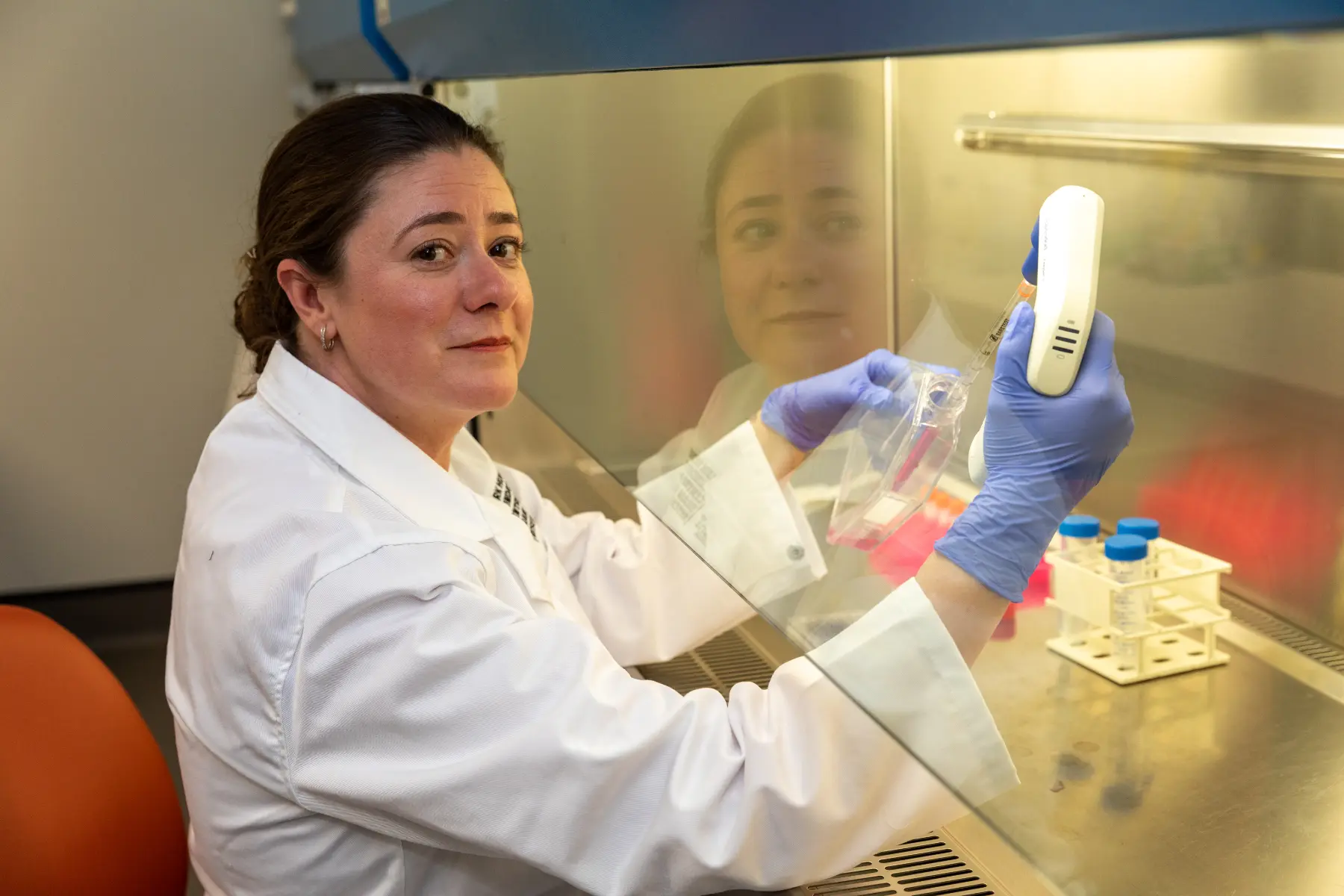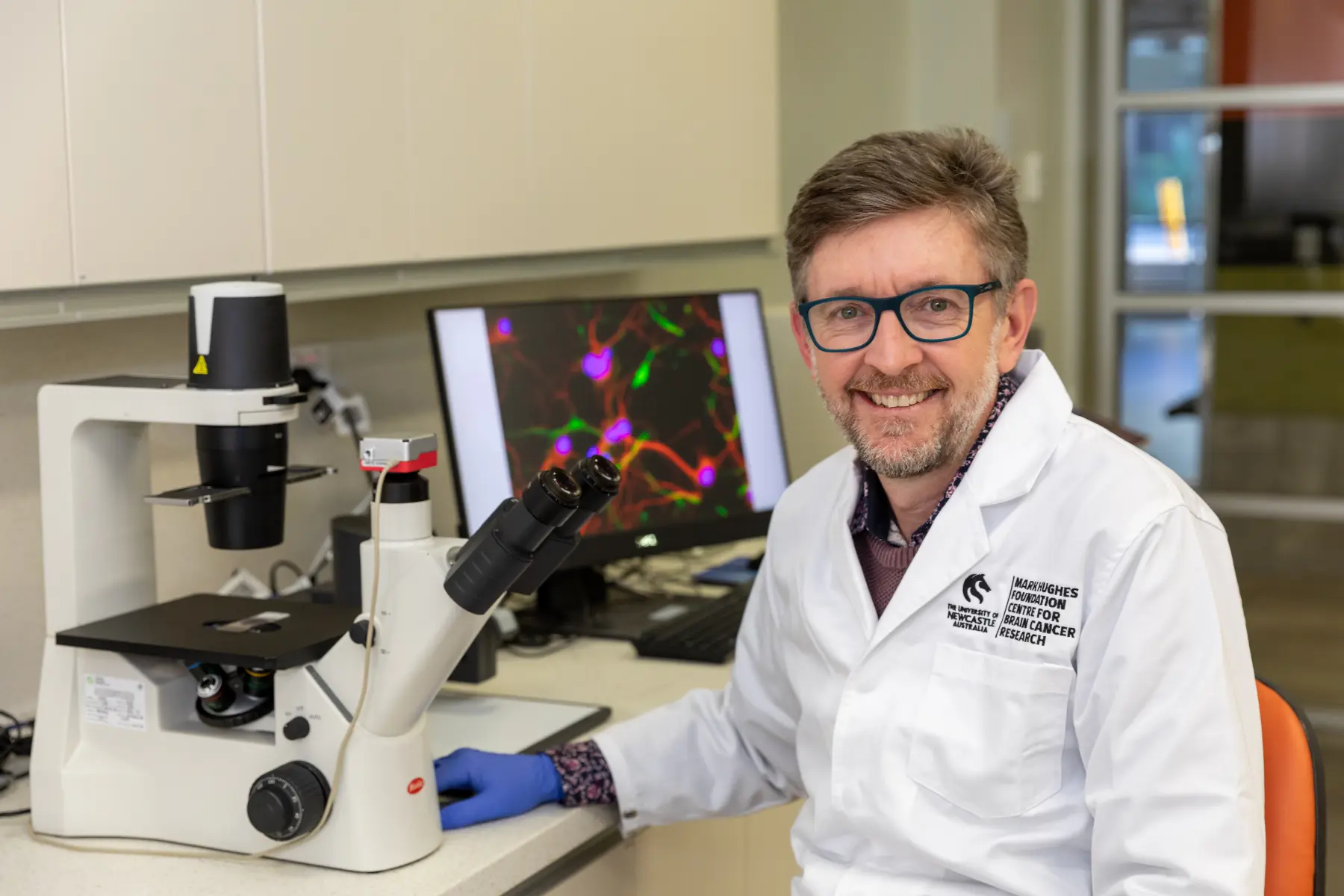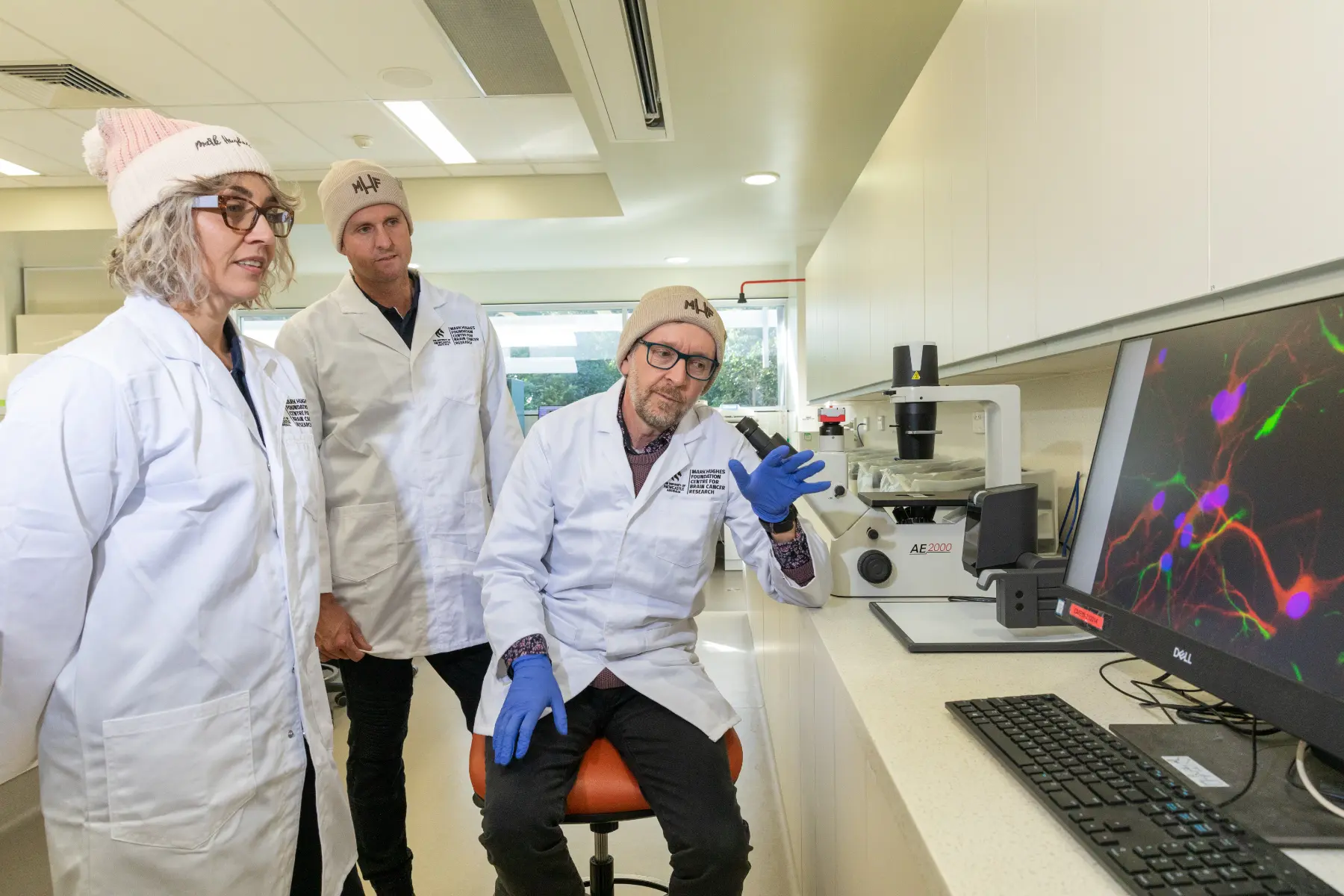Professor Hubert Hondermarck has been awarded Cancer Council funding of $439,533 for a translational research project to develop a targeted therapy to treat glioblastoma (GBM) – a deadly form of brain cancer with no effective treatments.
Glioblastoma is the most common form of brain cancer, with around 1,000 cases diagnosed each year in Australia.
Despite the best available treatments, which include surgery followed by radiotherapy and chemotherapy, nearly all patients experience tumour recurrence within 6-9 months.
Fewer than five percent of GBM patients will live longer than five years.
This project will open the way for a new and much-needed therapeutic option for improving treatment in glioblastoma patients and is the pivotal first step before clinical trials can commence.
“We plan to use an existing drug, already proven safe and effective with neuroprotective abilities, as a targeted therapy to enhance GBM treatment effectiveness,” Professor Hondermarck says.
“This drug is currently in clinical trials for Alzheimer’s disease and the indications are that it significantly improves a patient’s response to chemotherapy and radiotherapy.”
It is well documented that the side effects of undergoing GBM treatment are onerous and heavily impact on a person’s wellbeing in a life that is already limited.
“There is an urgent need to develop targeted therapies to increase the effectiveness of current GBM therapies, while reducing these neurological side effects,” Professor Hondermark adds.
This new project has the potential for direct outcomes for clinical practice and could be rapidly moved into clinical trials.
The multidisciplinary team involved in this project span a range of clinical oncologists specialised in brain cancer trials, and is informed by patient experience to guide best practice in consumer involvement.
“This represents a unique opportunity to both increase a patient’s survival and improve their quality of life,” Professor Hondermarck adds.
Professor Hubert Hondermarck is Stream Leader Translational Neuroscience at the Mark Hughes Foundation Centre for Brain Cancer Research.
